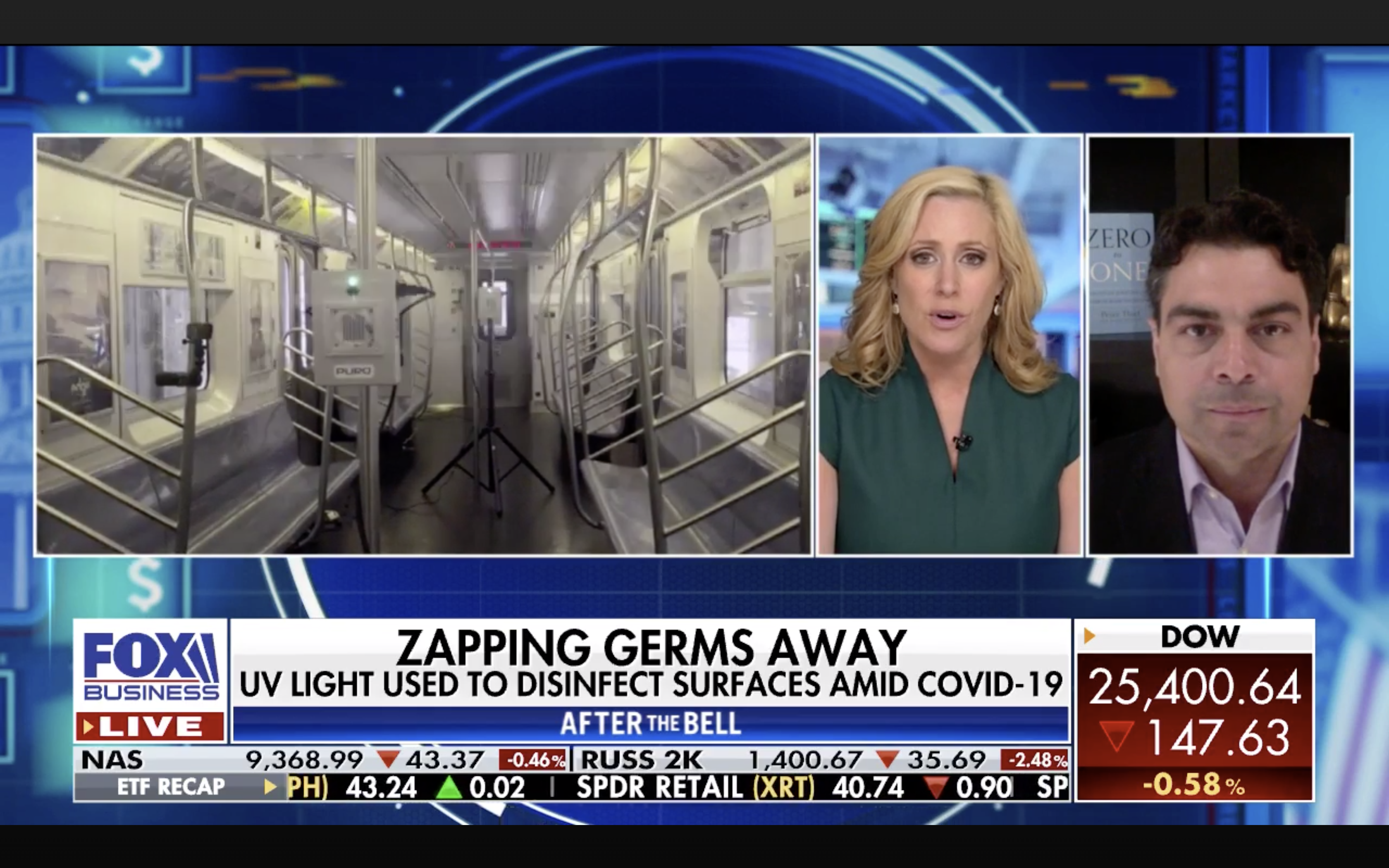Vertical agriculture company Plenty Inc. has an unusual selling point: Its crops of arugula, kale and microgreens are grown in an indoor farm run by robots. That hasn’t always been a winning proposition. Two years ago, the company had to scale back an ambitious international expansion plan, realizing it wasn’t ready to bear the cost of pricey new markets despite having taken more than $200 million in funding.
But now, with coronavirus heightening food safety concerns, Plenty has a fresh angle. From planting through harvest, its vegetables don’t encounter human hands, meaning fewer chances for virus contamination. “What people seem to be wanting is they want to know their food is safe,” said Chief Executive Officer Matt Barnard. Plenty, which is backed by SoftBank Group Corp, sells packaged greens indoors and on automated vertical planters. “Our goal is for the person eating the food to be the first one who has touched it,” he said.
Before the pandemic, robot-prepared food companies were a hit with investors, but ambitious sales goals didn’t materialize. Last year, robot coffee maker Cafe X shuttered locations, and pseudo-robot café Eatsa and robotic pizza-chef Zume pivoted to different businesses. Zume, formerly Zume Pizza Inc., raised $375 million from SoftBank in 2018 for its vision of having machines assemble pizzas in the back of moving vehicles. By this year, the company had cut 360 employees, put its double-decker pizza making party bus named “Martha” up for sale at a discount, and refocused on sustainable packaging.
To read the full article click here

